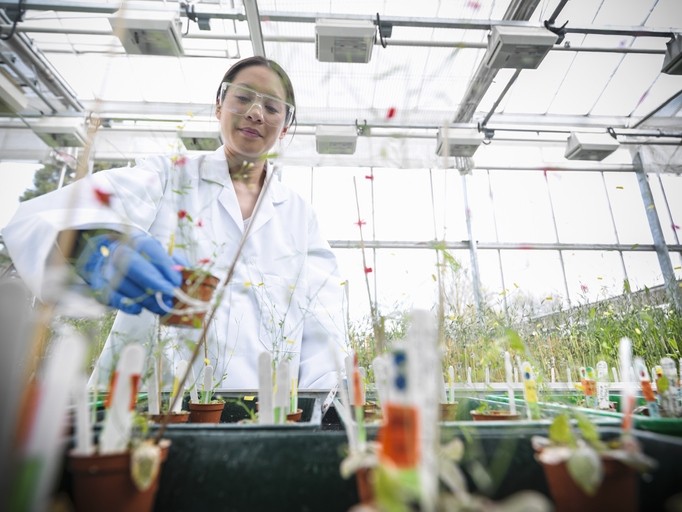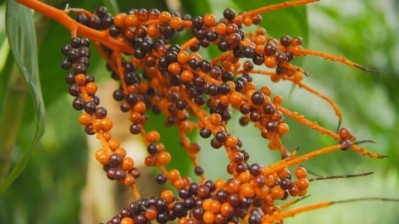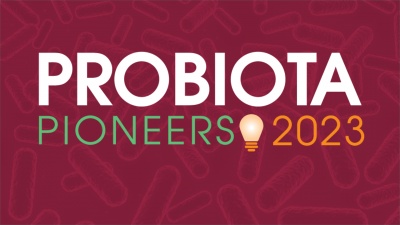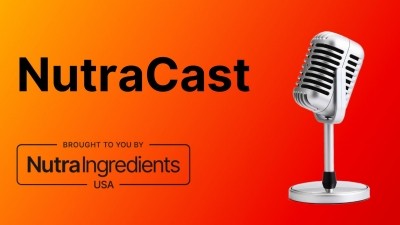Herbalife’s DNA-based botanical authentication program

Using Polymerase Chain Reaction (PCR) and Nuclear Magnetic Resonance (NMR), the health and wellness company is able to meticulously identify all of its ingredients prior to incorporating them into products.
While there are some commercial DNA–based field-testing kits available, Zhengfei Lu, PhD, Principal Scientist, Molecular Applications at Herbalife, said most just identify the target species without addressing the exclusive species with close profiles (either morphologically or chemically similar). Herbalife is focused on fit-for-purpose DNA-based methods to not only identify the target botanical, but also to detect its common adulterants.
“Adulteration manifests in various ways, with one prevalent form being the partial substitution or blending of adulterants with the intended botanicals. Such adulteration can be elusive, especially since many conventional chemical methods are calibrated for individual botanical materials and may lack the sensitivity to identify mixtures. Genomic methods, however, can be tailored to detect both the target and the adulterant, ensuring a high standard of quality,” explained Lu.
Safety
Lu explained to NutraIngredients-USA that it’s important for consumers to know the precise plant species identification for safety purposes, including toxicity, allergens and drug interactions.
“Some plants can be toxic when ingested, applied topically, or even just touched. A plant that looks similar to a harmless one could be dangerous. For example, Saffron (Crocus sativus) is a valuable spice, but other crocus species are not edible and can be toxic. If consumers aren't aware of the exact species, they risk severe health consequences.
Many consumers take medications, and certain plants can interact negatively with these drugs. For instance, St. John's Wort (Hypericum perforatum) can interfere with the effectiveness of some prescription medications,” said Lu.
Efficacy
Another point to take into consideration is efficacy. Lu noted that many plants are purchased for their supposed health benefits. However, the therapeutic properties are often specific to certain species.
“For example, different ginseng species have different properties; Panax ginseng has different effects than Panax quinquefolius (American ginseng).”
Consistency is also key. Knowing the exact species ensures that consumers are getting the same product and effects every time.
Sustainability
Lu explained that overharvesting can deplete natural populations of plants, so knowing the exact species allows suppliers to source sustainably, ensuring that the plant species can regenerate and thrive in the wild. Additionally, Lu noted that some plants are endangered due to habitat destruction, climate change, or overharvesting. Accurate identification prevents consumers from inadvertently supporting the trade of these threatened species.
Challenges
While Herbalife said ensuring the authenticity of botanical materials is paramount, they recognize the inherent challenges in botanical authentication, particularly when it comes to morphological similarities, chemical overlaps and supply chain complexities.
To tackle this, Herbalife employs a comprehensive, multi-pronged approach.
“By combining the strengths of morphological, chemical, and genomic methods, our company ensures that the botanicals they source are genuine and of the highest quality. This rigorous approach not only guarantees the safety and efficacy of Herbalife products but also underscores the company's commitment to delivering the best to its customers,” Lu said.









